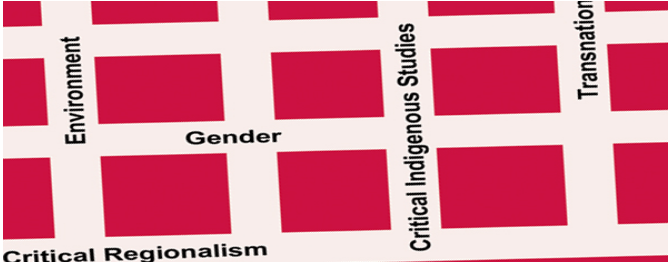
American Studies ETDs
Publication Date
12-4-1972
Abstract
In the latter part of the 1960's the status of science fiction in America changed. Suddenly it ceased to be characterized as an insignificant formula-fiction. Its new importance rested on the seldom stated fact that it served a parareligious function during a decade when the common man discovered the "death of God." This was also the decade of Gemini and Apollo which saw the fulfillment of President Kennedy's promise to land a man on the moon and return him safely to earth. Thus science fact and fiction complemented each other to offer the common man a paradigm and ritual absorbing enough to allow him to forget the void and absence. During this decade we began to hear about a "new wave" of science fiction writers who seemed to be more influenced by the French phenomenological novelists than by the "classical" writers of science fiction. By 1972, 115 colleges offered academic courses in science fiction. But the grudging and surreptitious recognition of science fiction by the university created problems because such literature was most often only tolerated by English professors who were dedicated to the principles of ''high art" as defined by Ortega y Gasset. Before we can assess the intellectual significance and the cultural impact of science fiction, we must first acknowledge that its roots are in popular culture and that traditional aesthetic yardsticks are inadequate to take its measure.
Language
English
Document Type
Dissertation
Degree Name
American Studies
Level of Degree
Doctoral
Department Name
American Studies
First Committee Member (Chair)
Charles DeWayne Biebel
Second Committee Member
Joel M. Jones
Third Committee Member
Patricia Clark Smith
Recommended Citation
Rothfork, John. "New Wave Science Fiction Considered as a Popular Religious Phenomenon: A Definition and an Example." (1972). https://digitalrepository.unm.edu/amst_etds/91


